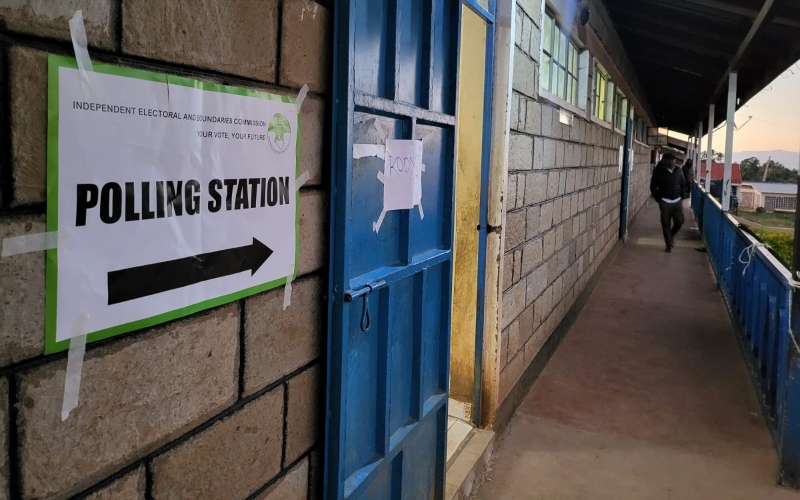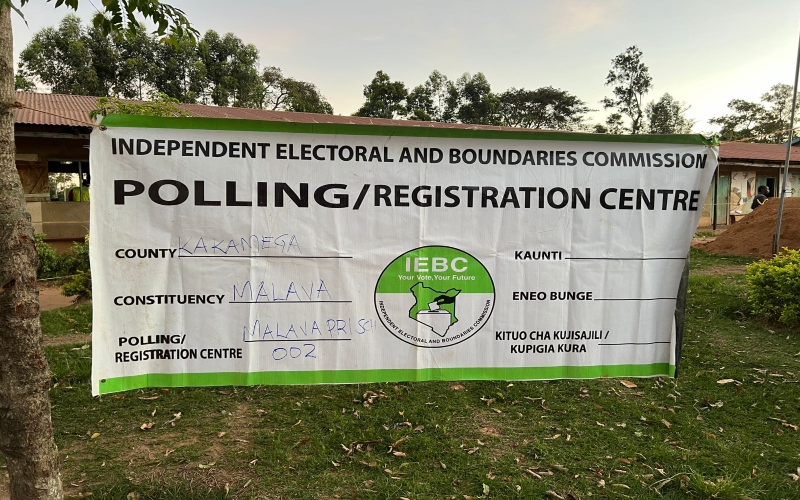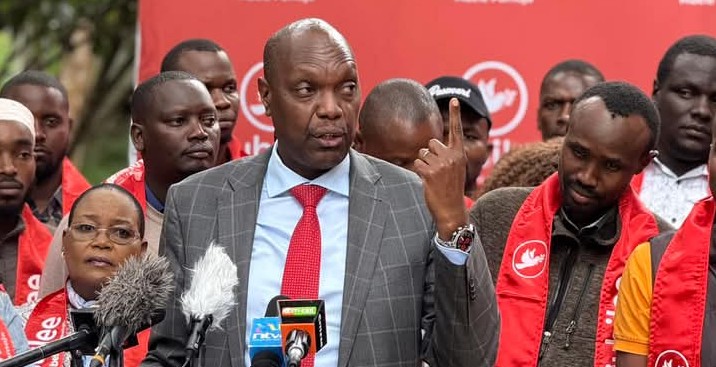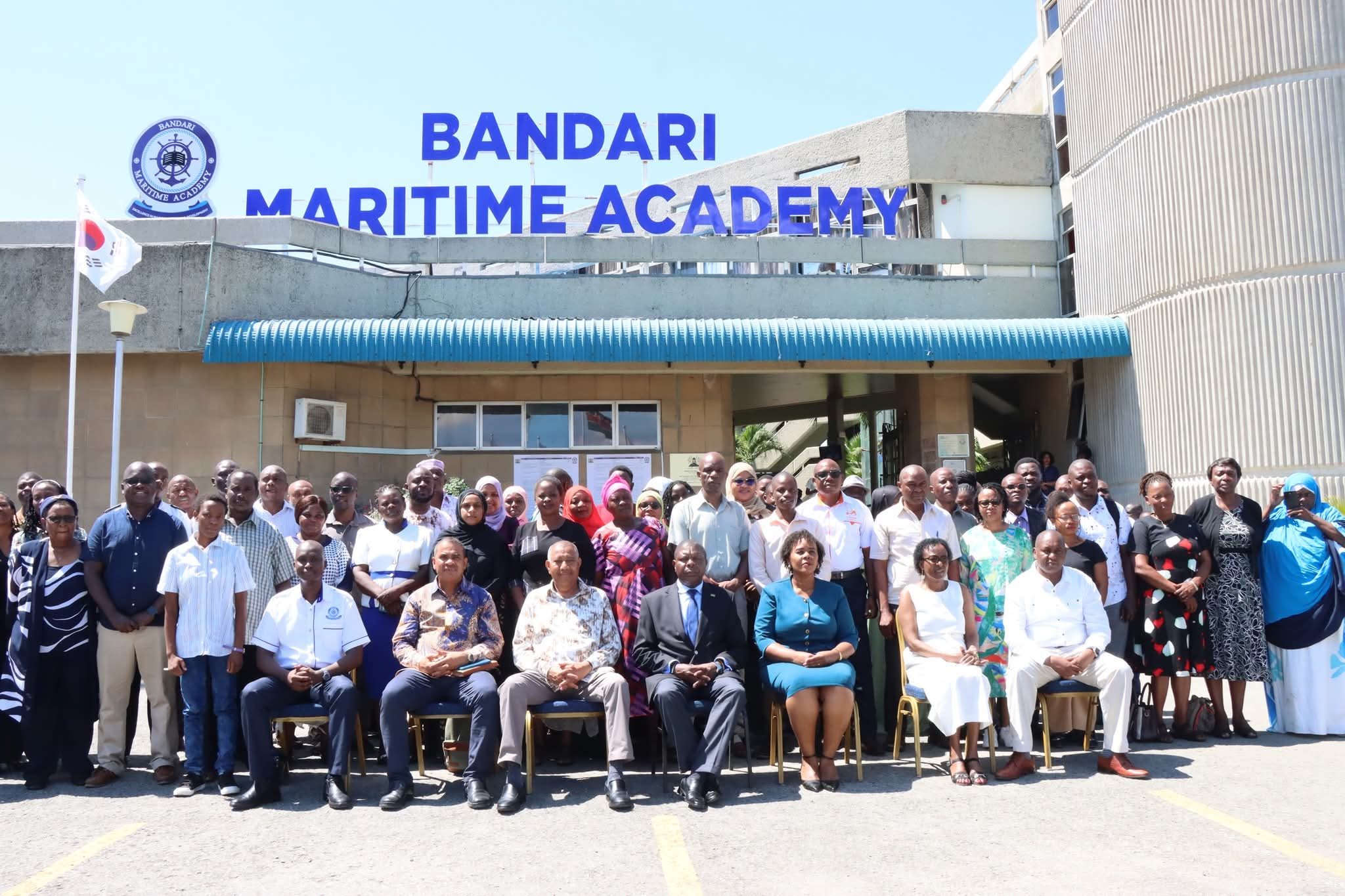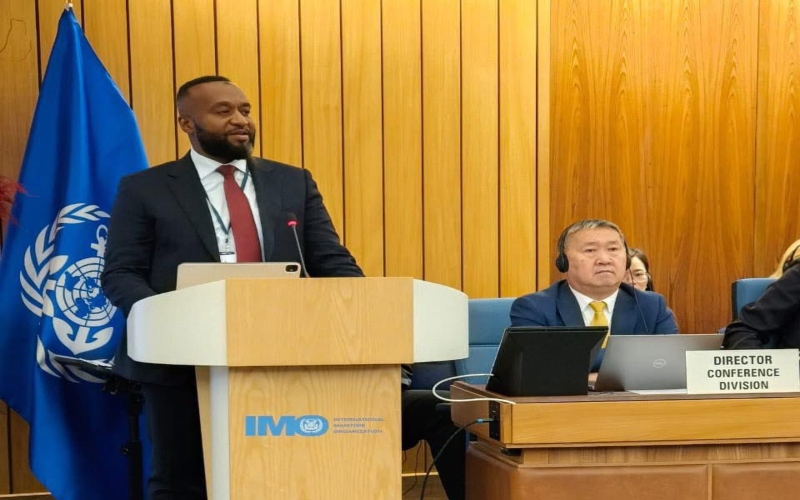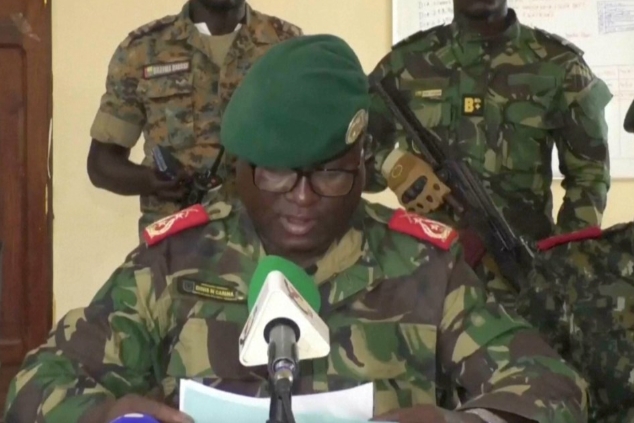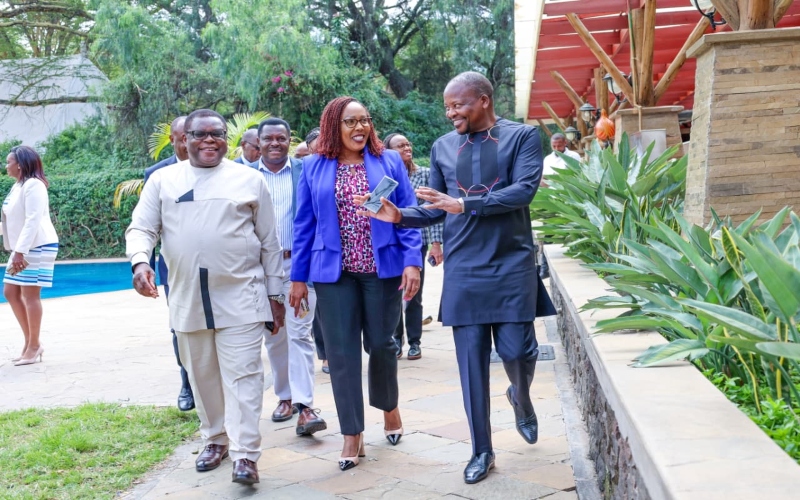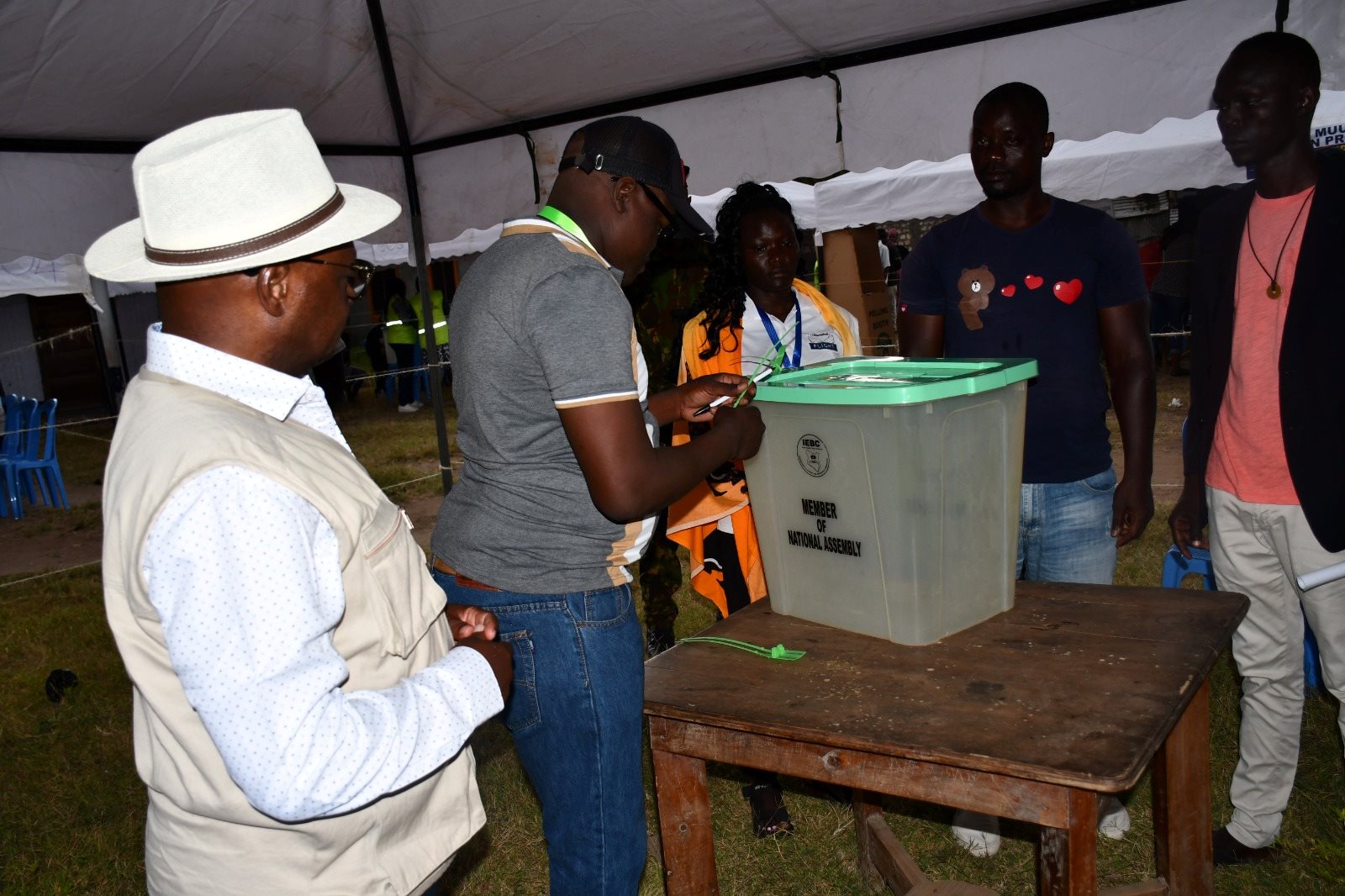Mjadala Afrika: Raila squares off against rivals as AUC Chair candidates present their agendas

Raila argued that Africa must prioritise intra-African trade, focusing on addressing non-tariff barriers, establishing efficient payment systems, and improving infrastructure.
African Union Commission chair candidates from Kenya, Djibouti, and Madagascar presented their agendas on Friday evening during Mjadala Afrika, a continental debate hosted by the African Union.
Raila Odinga, the Kenyan candidate, emphasised his extensive experience, noting his role as the AU’s High Representative for Infrastructure.
More To Read
- Raila's failed AU bid drove Sh48.8 billion in extra spending, budget report reveals
- Revealed: Ruto’s government spent over half a billion shillings on Raila’s failed AUC bid
- How Foreign Affairs budget increased to fund Raila’s failed AU bid- Treasury
- Aladwa: Edwin Sifuna risks removal from ODM for opposing Raila-Ruto alliance
- Raila for Prime Minister! UDA leaders push for constitutional changes after AUC loss
- Djibouti fires back at Ruto after Kenya's AUC defeat: "Africa deserved better than Raila"
He argued that Africa must prioritise intra-African trade, focusing on addressing non-tariff barriers, establishing efficient payment systems, and improving infrastructure.
Additionally, Odinga highlighted the need for lowering energy prices across the continent and increasing the adoption of green energy as a sustainable solution for Africa’s development.
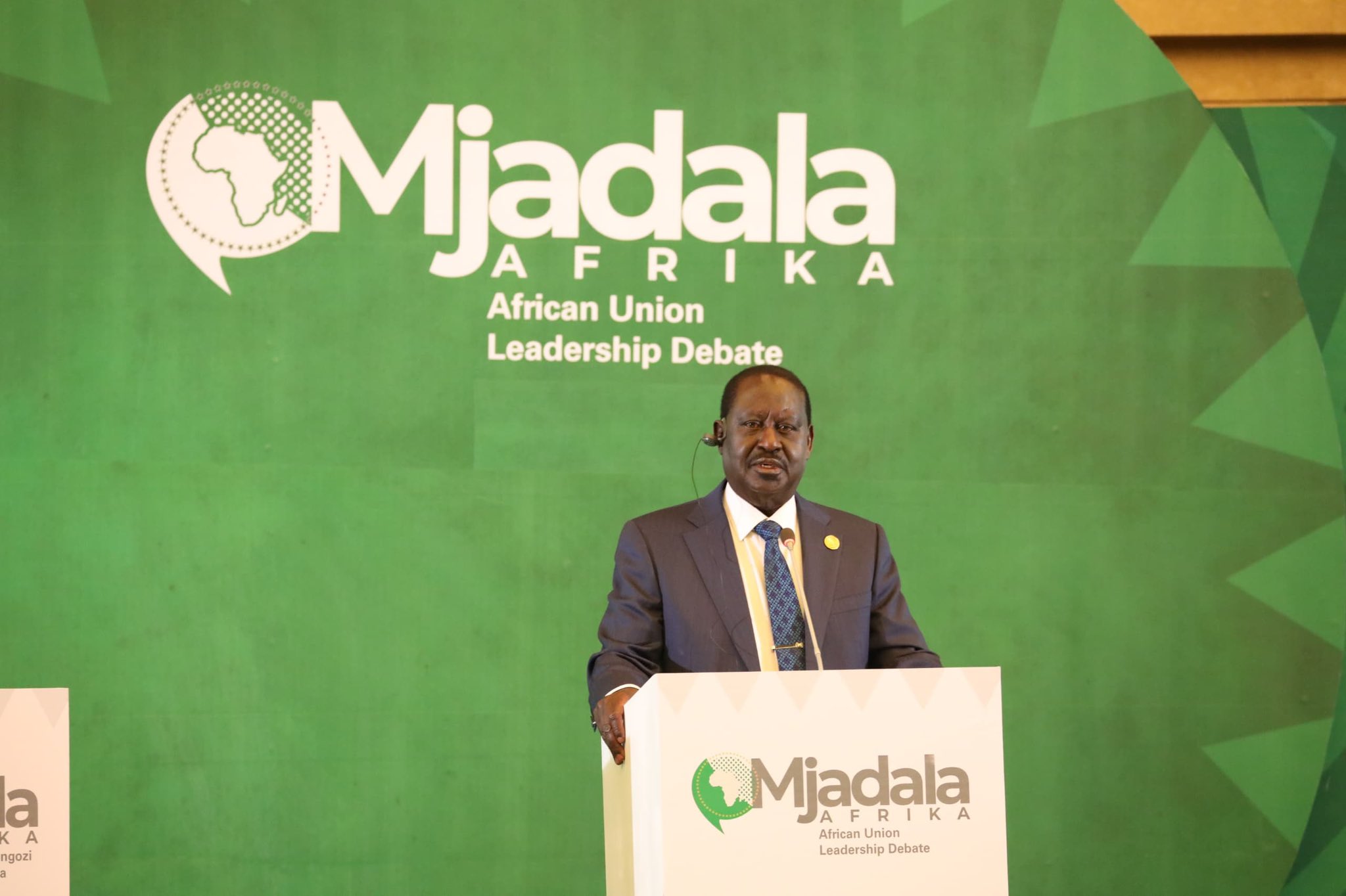 Kenya's AUC chair candidate Raila Odinga during the leadership debate on December 13, 2024. (Photo: Handout)
Kenya's AUC chair candidate Raila Odinga during the leadership debate on December 13, 2024. (Photo: Handout)
However, his Djiboutian rival, Mahamoud Ali Youssouf, disagreed with Odinga’s stance on tariffs.
Youssouf pointed out that tariffs were not the only challenge hindering intra-African trade.
He stressed that education is crucial for Africa’s economic growth, particularly in eliminating cultural barriers and empowering the girl child to contribute to the continent’s development.
Richard Randriamandrato, Madagascar’s candidate, expressed frustration over social media’s role in narrowing the debate to just two candidates.
Raila Odinga: I believe I have what it takes to get us where we would like to be in the field of education, health, value addition and trade. I promise the African people that I shall lead from the front to ensure that we achieve the vision of the founding fathers of our… pic.twitter.com/zPpD3Ck1LL
— The Eastleigh Voice (@Eastleighvoice) December 13, 2024
He vowed to intensify efforts to promote free trade across Africa and triple the continent’s economic performance.
Randriamandrato also reiterated his commitment to advancing the African Continental Free Trade Area (AfCFTA), which aims to increase intra-African trade and boost economic development.
The AfCFTA, launched in 2018 and operational since 2019, has already seen the adoption of several key instruments, including the Rules of Origin, which determine the conditions for duty-free trade within the region.
The agreement also includes tariff concessions, aiming for 90% tariff liberalization by 2020, and the establishment of a mechanism for monitoring and eliminating non-tariff barriers (NTBs).
The Pan-African payment and settlement system and the African Trade Observatory are additional key initiatives designed to facilitate smoother trade processes and improve information flow within the continent.
The debate highlighted the different approaches of the candidates as they seek to address Africa’s trade challenges and economic future.
Top Stories Today





